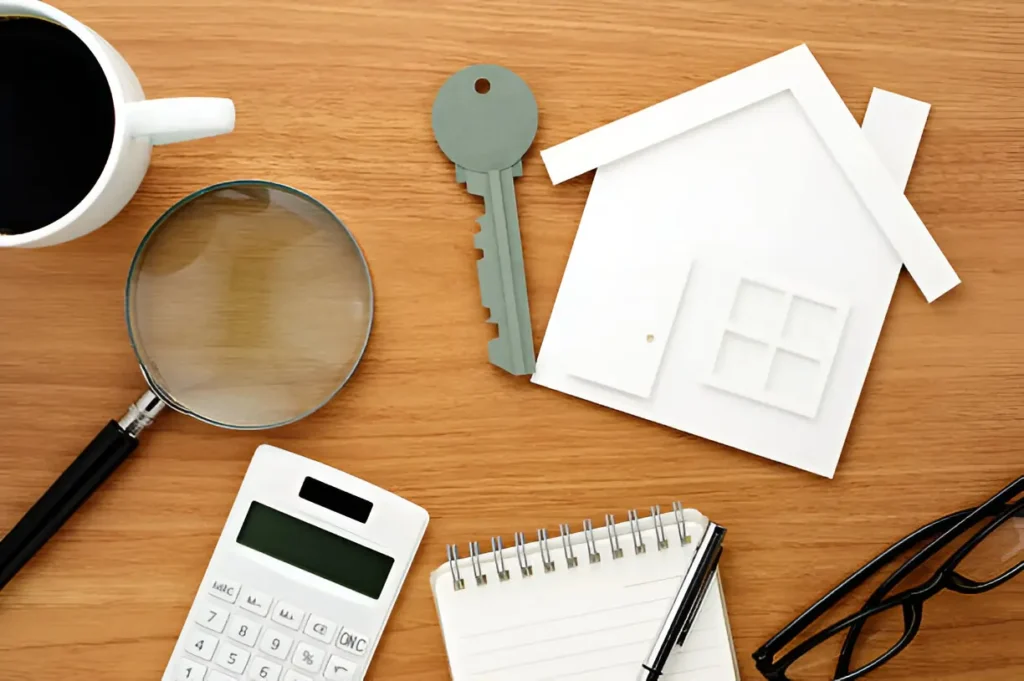Purchasing a home is one of the largest decisions in your lifetime, especially in the US housing market, which is different depending on where you are and can fluctuate drastically in price and choice. It’s exhilarating, yet can also quickly become overwhelming if you’re not sure what to watch for. From location and condition to hidden costs and neighborhood vibes, there are a number of potential deal-breakers that can torpedo your investment. If you’re someone looking to diversify your financial strategy, you might want to Skip the Stock Market: Trust deed investing explained simply offers a way to invest in property without the hassle of ownership, which many find appealing alongside buying a home.
Location Matters More Than You Think
The old real estate mantra: “location, location, location.” When purchasing a home, location still ranks as the most important factor. Your choice of neighborhood can impact your daily life, your home’s value and your level of satisfaction in your new home. You don’t just look for a cute corner or a good-looking house. You’ll want to think about factors such as how long it will take to get to work, the quality of the schools, and the safety of the neighborhood, in addition to nearby amenities. For instance, if you work in the heart of a city, purchasing a home 45 minutes away in heavy traffic could suck away your time and energy.
Location, in addition to convenience, has a significant impact on resale. A house in a desired school district or near parks, shops and good restaurants will generally hold its value better, or appreciate more quickly. On the other hand, properties near noisy highways, factories, or parts of town with increasing crime rates could fall in value or be more difficult to sell down the line.
Future development is another major factor. Investigate whether there are proposed building projects on the horizon, such as a new highway or shopping center. Although some changes can enhance a neighborhood, others can lead to unwanted noise and traffic. Confirm with local zoning laws, and speak with neighbors, if you can.
In the end, selecting the best location is about trading your lifestyle needs with your long-term investing desires. Don’t feel pushed for this step — take your time to drive around, show up at different times of day, and envision daily life there before deciding.
Inspect the House Thoroughly: Don’t Skip This Step
Before you purchase, you will need to carefully examine the property. The thrill of a new home can cause you to overlook warning signs, but a thorough inspection can save you thousands down the line. It’s a good idea to hire a professional home inspector. They will check the condition of the structure, roof, plumbing, electrical systems, and heating and cooling units and see if there might be hidden damage, such as mold or termite issues.
Some problems are not going to be as apparent during a quick tour, such as foundation cracks or outdated wiring. These issues can be costly to remedy and may even be unsafe. If the inspector discovers significant defects, you may then ask the seller to repair those issues before closing the purchase, or to lower the price.
Consider smaller details, too, not just the big-ticket woes. Check windows and doors for drafts, turn on faucets and flush toilets, and check to see what kind of shape appliances are in. The attic and basement are two places where water damage or pests are easy to overlook.
If you don’t feel comfortable identifying problems, bring someone who knows what to look for or request that the inspector be specific in pointing out problems. Keep in mind that this stage isn’t about finding a dream property, which is unlikely, but understanding what you’re getting into so you can budget for repairs or decide if the home is right for you.
Understand the Neighborhood and Community Vibes
Purchasing a home is one of the most significant decisions you will make, particularly in the United States, where the real estate market is constantly shifting, and potential homes come and go in the blink of an eye. That’s thrilling, though it can also easily snowball into overload if you don’t know what to look for. From location and condition to hidden costs and neighborhood plan, some key factors can make or break your investment.
If you’re one of these people focusing on diversifying your financial strategy, you may avoid the stock exchange in favour of the prospects of other investment opportunities, like real estate. Trust deed investing simplified is a way to invest in property without the headache of ownership, which, hopefully, we all agree is attractive when buying a home. Before you sign that dotted line, here’s what you need to know:
- Location: Is it convenient? Safe? Growing in value?
- Property Condition: Are there any hidden repairs or issues?
- Neighborhood: What’s the community like? Amenities? Schools?
- Financials: What are the total costs, including taxes, insurance, and fees?
Knowing what to look for will save you from expensive errors and make sure you end up with the home that’s best for you. This guide distills everything down to the basics to get you feeling empowered through the process. Whether you’re an experienced buyer or ready to purchase your first home, these insightful tips and a quick 60-second quiz will help you assess if you’re shopping for what you want or if it’s time to settle for less than you desire.
Read more: Advantages of using online casinos that accept Skrill
Most Rated Security Camera Installation Companies in Miami, FL
Top Ludo Games With Instant Withdrawal in 2025


